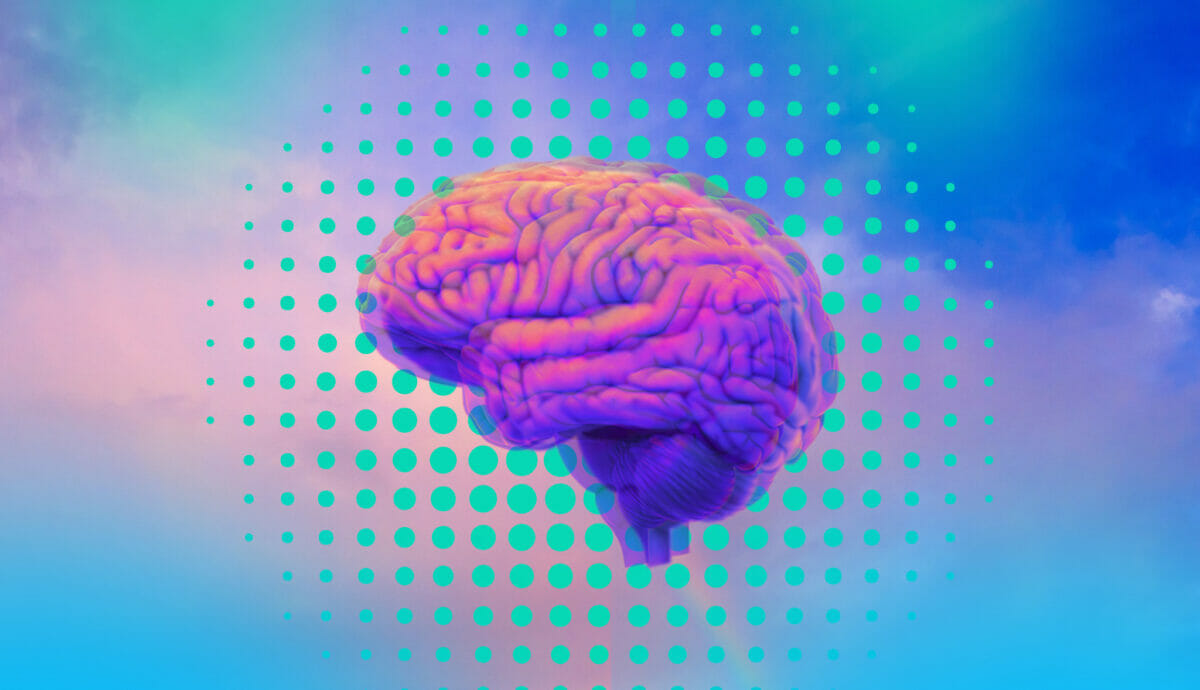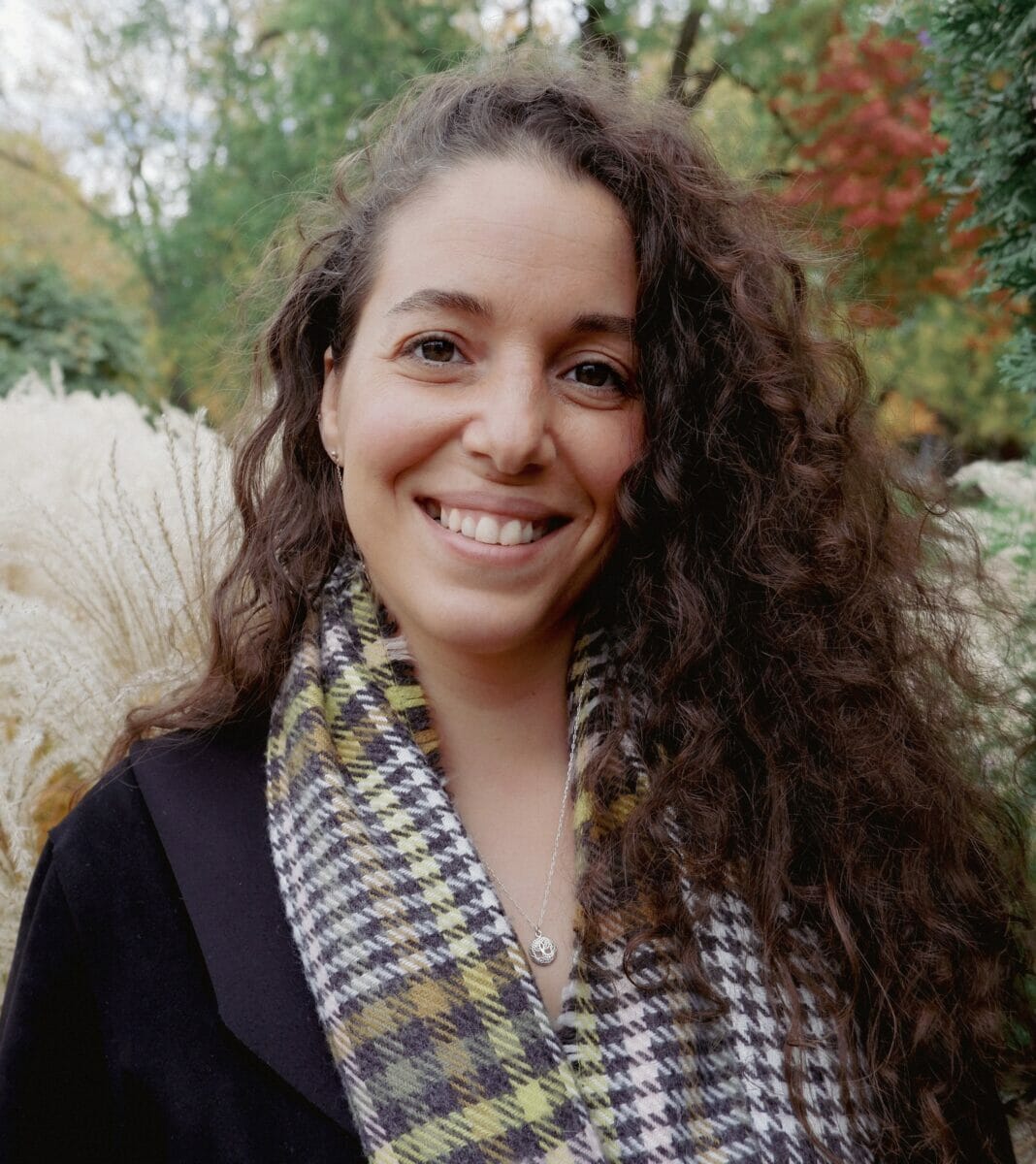Neurology physician Dr. Burton Tabaac’s interest in psychedelics began almost by accident. He happened upon the topic through a 2019 presentation during his fellowship training at the Johns Hopkins University School of Medicine – and may not have pursued a dedicated interest in the field if he hadn’t attended.
“… In four years of medical school and four years of residency training, psychedelics were not mentioned – not even once as part of a comprehensive allopathic education,” Tabaac told Psychedelics Today.
The Hopkins lecture inspired the physician down a non-typical path for those in his profession: research on the therapeutic potential of psychedelics in treating mental health diseases. Today, he explores psychedelics beyond their traditional association with mental health. Entities inclusive of Parkinson’s disease, dementia, stroke, and traumatic brain injury are of particular intrigue with potential for psychedelics to promote healing, Tabaac shares.
Exploring Psychedelics’ Versatility
In his recently appointed role for the Mckenna Academy of Natural Philosophy, founded by Dennis McKenna, Dr. Tabaac serves as an advisor for educational pursuits and evidence-based methodology. Through this collaboration, he is dedicated to investigating the possible role of psychedelics beyond their use in the mental health realm, and is passionate about exploring whether these substances could help with functional neurological and neurodegenerative diseases.
“There are specific indications that I feel warrant additional study and funding to assess and discover,” he says. “There has already been a lot of research and literature published dedicated to psychedelics for treating depression, anxiety, addiction and PTSD; I’m very eager to partner in pushing the frontier further to investigate what else psychedelics may have the potential to address.”
In the current landscape of psychedelic research, this alliance highlights the evolving role of physicians stepping beyond traditional methods to investigate alternative solutions. The demand for more research signifies a promising future for psychedelic research, with the potential of extending the possibilities of these substances in treating various conditions.
Obstacles to Holistic Approaches
In the healthcare world, it isn’t uncommon to find that many doctors tend to favor Western medicine while overlooking holistic approaches. Doctors don’t typically embrace integrative routes, because the current medical system is guided primarily by evidence-based research, Tabaac says. Treatments typically require strong evidence of their efficacy before they are widely adopted, which doesn’t bode well for most federally scheduled psychedelics in relative nascent stages of research.
“I also think that having psychedelics as a restricted Schedule I class of drugs prohibits a lot of providers from even being able to offer these therapeutics off-label,” he says. “When you look at where the medical/legal field is heading, there’s a lot of promise with the Phase 3 trial that MAPS has presented demonstrating the potential for MDMA to treat PTSD.”
PTSD patients in the MAPS study received three doses of MDMA, supplemented with psychotherapy. The trial results yielded 50 per cent of participants no longer meeting the criteria for PTSD. One year later, without any additional MDMA doses, the number of patients no longer meeting the criteria increased to 70 per cent, “showing that there is some underlying effect on the brain that is sustainable,” Tabaac said.
The MAPS study highlights the transformative impact that psychedelics – combined with psychotherapy – can have on mental health disorders like PTSD, Tabaac says. As more research emerges, it is expected that the medical community will gradually embrace these alternative treatments and integrate them into mainstream healthcare, ultimately empowering physicians to treat patients with greater efficacy and enriching the field of allopathic medicine.
The Power of Virtual Community for Doctors
Back in December 2021, Tabaac stumbled across the Psychedelics Anonymous (PA) platform, a web3 community that shared his enthusiasm for the potential of NFTs to bridge communities of like minded individuals. PA offers a secure environment where members can connect without revealing their identities, utilizing avatars to engage in discussions about psychedelics, and exchange personal or professional experiences.
Membership in Psychedelics Anonymous brought with it additional perks, Tabaac said, offering access to educational opportunities such as a plant medicine course at Cornell and participation in the recent Psychedelic Science 2023 conference in Denver. The project has also established a podcast, The Zero Hour, where Tabaac interviews the top minds in the psychedelic space. The most valuable aspect, Tabaac says, was the connections made with fellow colleagues. He connected with psychiatrists, psychologists, social workers, and researchers who were curious about psychedelic medicine and established this virtual space where they could openly discuss without stigma, judgment, or fear of retribution.
“I attribute a lot of my own development and personal growth and passion for the space to the Psychedelics Anonymous project, because prior to getting involved in that community, there was trepidation over being judged by friends and by society at large, as a lot of the negative press and stigma still remains, dating back to Nixon’s War on Drugs,” he says.
Psychedelics Anonymous also catalyzed Tabaac’s passion in the field to present a TEDx talk discussing Mental Health Meets Psychedelics. In this talk listeners are challenged to question their preconceived notions and judgements as it pertains to the group of restricted therapeutics in the psychedelic class. Tabaac asks if this class of drugs can serve as a paradigm shift in the way mindfulness therapy and mental health is approached.
Balancing Passion and Clinical Practice
Dr. Tabaac recognizes the difference between his passion for advancing psychedelic medicine and his commitment to ethics. “I infrequently discuss psychedelics with my patient population, exceptions including clinical trial offerings if inclusion criteria is met. Doctors and health practitioners are constrained by the limits of their medical licensure, and must remain patient until FDA approval is achieved,” Tabaac says. “I think it’s still premature and out of my scope to offer psychedelics to my patients. My mission and my role is better served in pushing clinical research forward, commiting patient enrollment in trials, and inviting speakers who are experts in the psychedelic space to present on my podcast I incorporate teachings on psychedelics to the medical students that rotate with me as it is the only space where they have exposure to learning about these modalities. The enthusiasm and interest among the next generation of physicians is encouraging.”
The demand for alternative mental health solutions continues to increase. Organizations like the Psychedelic Medicine Association, dedicated to providing ketamine treatments and with whom Tabaac is affiliated, are addressing the needs of individuals seeking non-traditional routes. While certain prescriptions may fall beyond the scope of some physicians, adopting a holistic approach becomes crucial. With physicians like Tabaac considering various facets of a person’s well-being, such as sleep, lifestyle, nutrition, social support, mindfulness practices and physical health, individuals can benefit from more comprehensive and personalized mental health care. This avenue goes beyond medications, recognizing the broader needs of patients. It underscores the importance of tending to various dimensions of a person’s life to foster holistic well-being and empowers individuals to explore diverse modalities for emotional harmony. Tabaac emphasizes the moniker of focusing “mental health as part of whole health.”
The Future of Psychedelic Medicine
For physicians like Tabaac, exploring the uncharted waters of psychedelic medicine opens up new possibilities for patient treatment and professional development. It provides access to innovative therapies, nurtures professional growth, and enables them to explore new frontiers beyond the constraints of conventional methods. By breaking stigma, advancing the field, and advocating for holistic modalities, physicians have the opportunity to play a pivotal role in enhancing the field of mental health and allopathy, offering new hope and potential healing pathways to patients. A new era in Western medicine, where evidence-based methodologies, holistic approaches, and comprehensive care intersect, holds the potential for a transformative landscape on the healthcare horizon.


